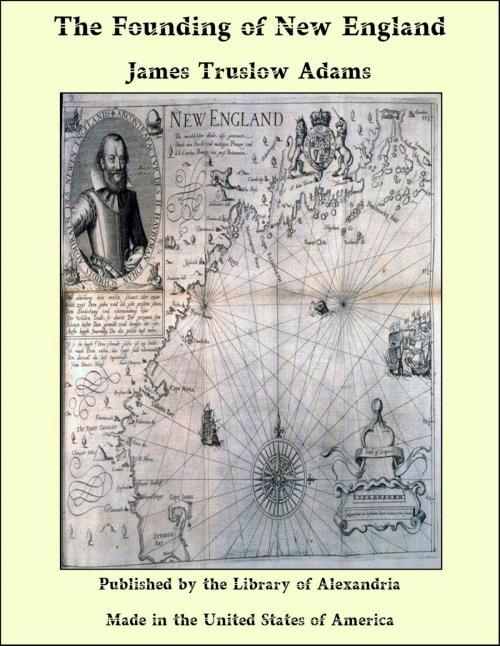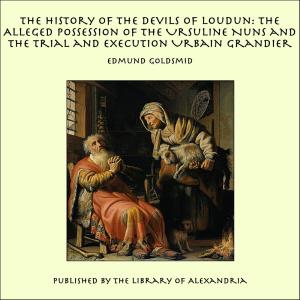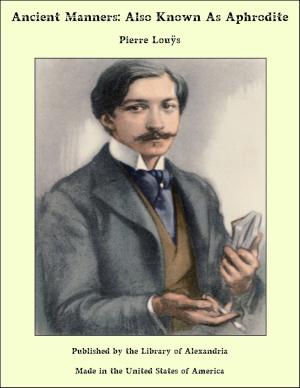The Founding of New England
Nonfiction, Religion & Spirituality, New Age, History, Fiction & Literature| Author: | James Truslow Adams | ISBN: | 9781465575838 |
| Publisher: | Library of Alexandria | Publication: | March 8, 2015 |
| Imprint: | Language: | English |
| Author: | James Truslow Adams |
| ISBN: | 9781465575838 |
| Publisher: | Library of Alexandria |
| Publication: | March 8, 2015 |
| Imprint: | |
| Language: | English |
The following account of the founding of New England is intended to serve as an introduction to the later history of that section, and to the study of its relations with other portions of the Empire and with the mother-country, as well as of the section’s influence upon the nation formed from such of the colonies as subsequently revolted. The book thus necessarily deals mainly with origins, discussing the discovery and first settlement of the region; the genesis of the religious and political ideas which there took root and flourished; the geographic and other factors which shaped its economic development; the beginnings of that English overseas empire, of which it formed a part; and the early formulation of thought-on both sides of the Atlantic-regarding imperial problems. There is no lack of detailed narratives, both of the entire period covered by the present volume and, on an even larger scale, of certain of its more important or dramatic episodes. New material brought to light within the past decade or two, however, has necessitated a revaluation of many former judgments, as well as changes in selection and emphasis. Moreover, our general accounts do not, for the most part, adequately treat of those economic and imperial relations which are of fundamental importance; for the one outstanding fact concerning any American colony in the colonial period is that it was a dependency, and formed merely a part of a larger and more comprehensive imperial and economic organization. Consequently, the evolution of such a colony can be viewed correctly only when it is seen against the background of the economic and imperial conditions and theories of the time. While the author, accordingly, has endeavored to place the local story in its proper imperial setting, he has endeavored also to distinguish between its various elements, and to display the conflicting forces at work in the colonies themselves.
The following account of the founding of New England is intended to serve as an introduction to the later history of that section, and to the study of its relations with other portions of the Empire and with the mother-country, as well as of the section’s influence upon the nation formed from such of the colonies as subsequently revolted. The book thus necessarily deals mainly with origins, discussing the discovery and first settlement of the region; the genesis of the religious and political ideas which there took root and flourished; the geographic and other factors which shaped its economic development; the beginnings of that English overseas empire, of which it formed a part; and the early formulation of thought-on both sides of the Atlantic-regarding imperial problems. There is no lack of detailed narratives, both of the entire period covered by the present volume and, on an even larger scale, of certain of its more important or dramatic episodes. New material brought to light within the past decade or two, however, has necessitated a revaluation of many former judgments, as well as changes in selection and emphasis. Moreover, our general accounts do not, for the most part, adequately treat of those economic and imperial relations which are of fundamental importance; for the one outstanding fact concerning any American colony in the colonial period is that it was a dependency, and formed merely a part of a larger and more comprehensive imperial and economic organization. Consequently, the evolution of such a colony can be viewed correctly only when it is seen against the background of the economic and imperial conditions and theories of the time. While the author, accordingly, has endeavored to place the local story in its proper imperial setting, he has endeavored also to distinguish between its various elements, and to display the conflicting forces at work in the colonies themselves.















